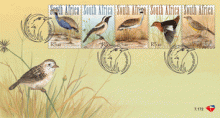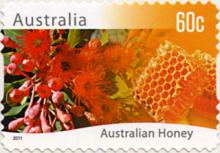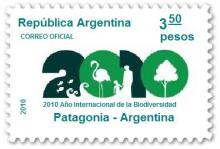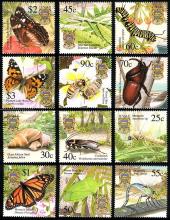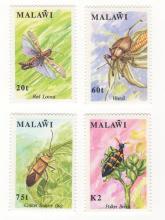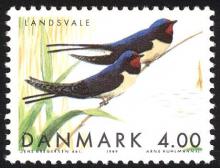HC 668 Insects and Insecticides: Written evidence submitted by Dr Pierre Mineau, Emeritus senior scientist in pesticide ecotoxology, Environment, Canada
I am a retired (Emeritus) scientist with Environment Canada with over 30 years' experience in pesticide evaluation, risk assessment and ecological research. For approximately half of that time, I was the lead regulatory assessor for the risk of pesticides to wildlife in Canada. I have a special interest in the neonicotinoids in that they were of increasing concern to me when I retired less than one year ago. I continue to be involved in pesticide research and assessment as a consultant and have just finished a review of the neonicotinoids from the point of view of their impact on birds.This particular work was commissioned by the American Bird Conservancy. The specific point I wish to make concerns the exchange you were having with the representative of Bayer Crop Science during your 30 January session. Specifically, my comment is about the UK study showing a continuing increase in soil residues, which study Bayer dismissed as irrelevant because it involved a field where straw was reincorporated every year. Bayer's position was that, because straw is a valuable commodity, that study did not follow good agricultural practice and should not be considered. I respectfully submit that your committee missed an opportunity to address the fundamental insight provided by that study, whether or not the study followed usual agricultural practice and whether the price of straw does or does not make this scenario likely in the UK. The issue is that of systemic pesticides more generally. In my opinion, the real question that should have been asked is the following: What are some of the other agricultural conditions where plant material is reincorporated into the soil after taking up neonicotinoid insecticides? Are there other crops with neonicotinoid uses where this happens?


